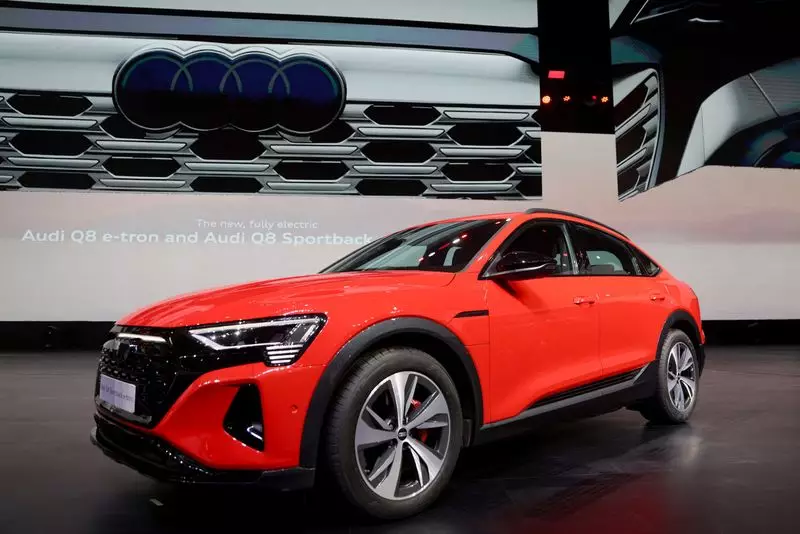Volkswagen issued a warning that it may have to close the Brussels site of its luxury brand Audi due to a significant decrease in demand for high-end electric cars. This drop in demand has particularly affected Europe’s top carmaker, leading to a revision of the margin target for the current year. The last time Volkswagen shut down a plant was in 1988, and the threat of closures in Europe has historically resulted in leadership changes within the company.
The Brussels site, which produced around 50,000 cars last year, is encountering long-standing structural challenges. These challenges include difficulties in changing the layout of the plant due to its proximity to the city and high logistics costs. The plant employs approximately 3000 people, and the company is now considering alternative solutions for the site, including the possibility of ceasing operations if no viable alternatives are found.
Financial Implications
The potential closure of the Brussels site could lead to unforeseen expenses amounting to up to 2.6 billion euros in the 2024 financial year for Volkswagen. This has prompted a revision of the operating returns forecast to 6.5-7%, down from the previous 7-7.5%. As a result, parent company Porsche SE has also adjusted its earnings forecast to a range of 3.5 billion to 5.5 billion euros. Following this announcement, shares in Volkswagen and Porsche SE saw a decline on the Frankfurt stock exchange.
Audi’s latest electric model, the Q8 e-tron, launched in 2018, has experienced a significant drop in demand, prompting considerations to potentially discontinue its production by 2025. This decision comes as Audi anticipates sales to decrease in the coming years, emphasizing the need to introduce new models while simultaneously reducing costs.
The operational challenges faced by Audi have further been exacerbated by delivery delays resulting from component shortages. These challenges led to a 20% decrease in operating profits for Volkswagen in the first quarter of the year. The closure of the Brussels plant for two weeks due to component shortages in February compounded these issues, highlighting the need for strategic solutions to enhance operational efficiency.
Employee representatives at Audi are advocating for a sustainable future for the Brussels site and its workforce. The Audi Committee in the European VW Group Works Council has stressed the importance of the company taking responsibility for the site’s future. A consultation process is set to begin to explore alternative solutions for the plant, with a focus on securing the livelihoods of the 3000 employees affected by the potential closure.
The impact of decreased demand for high-end electric cars has presented significant challenges for Volkswagen, particularly at its Brussels site. As the company navigates these challenges, it must prioritize strategic decision-making to mitigate financial implications and secure the future of its workforce. Efforts to find alternative solutions for the Brussels site and address operational inefficiencies will be crucial in sustaining long-term success for Volkswagen and its luxury brand Audi.

